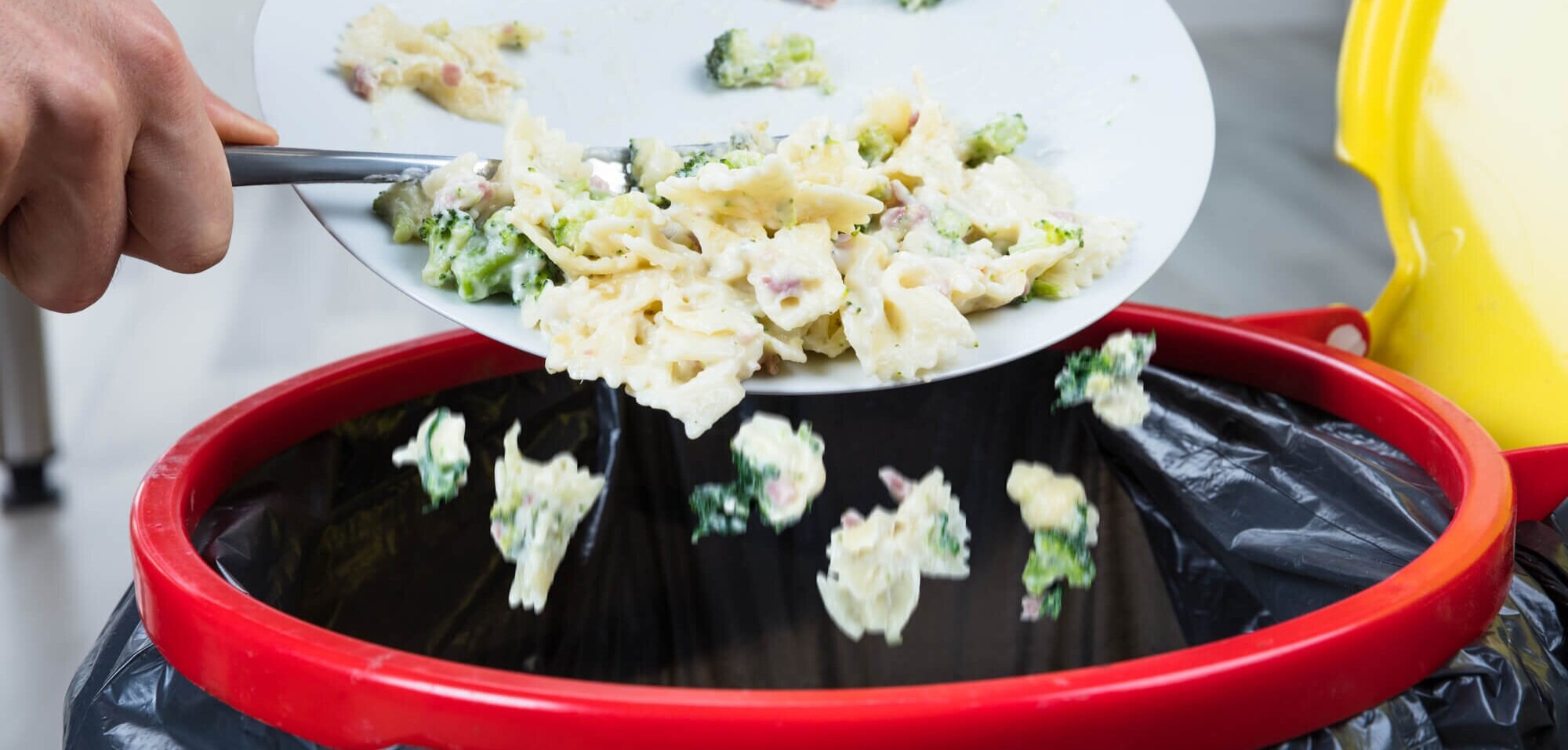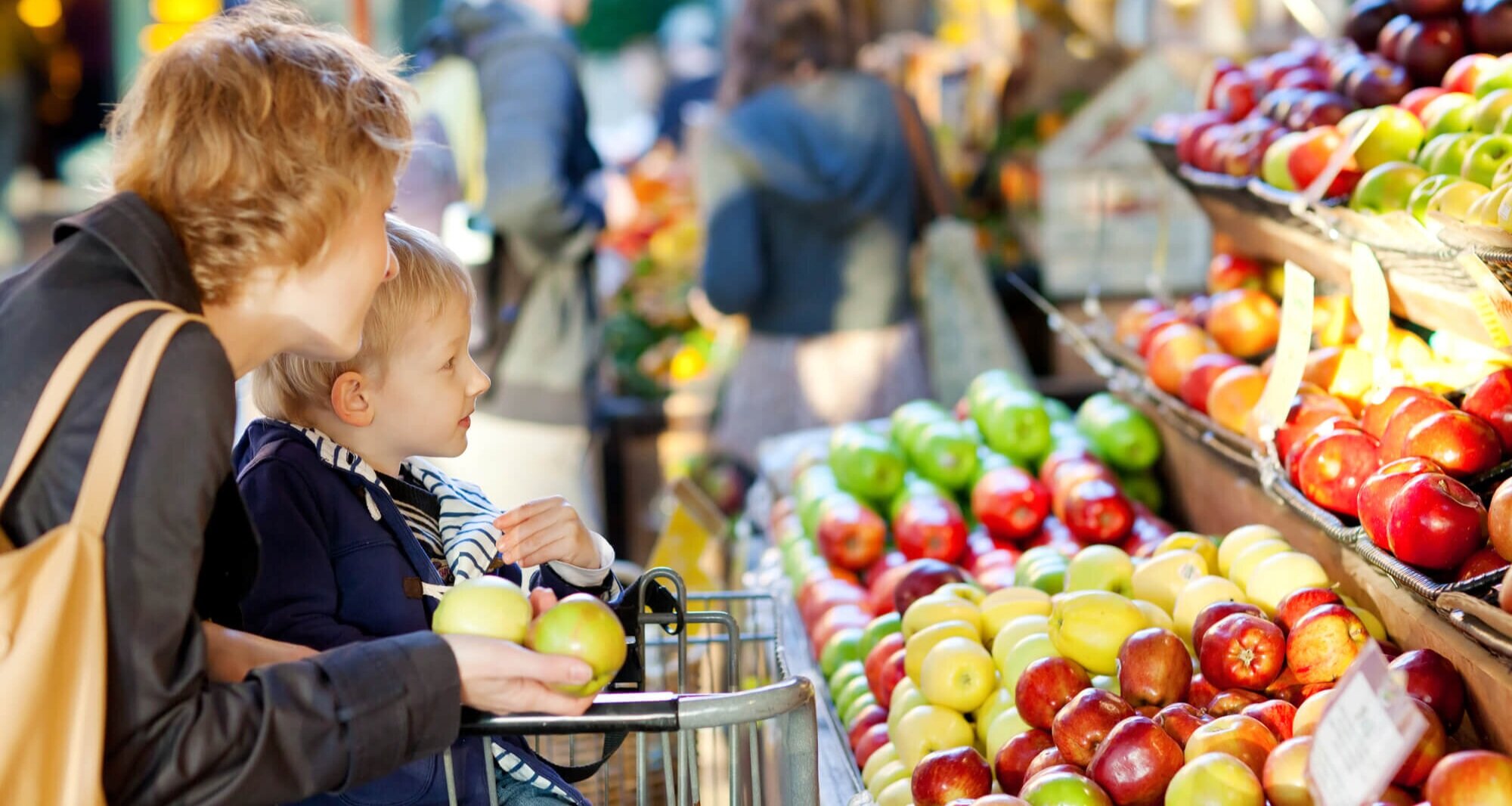10 Ways Your Family Can Reduce Your Waste Footprint
There are a variety of easy ways that families can reduce their waste footprint. Teaching your children to care for the earth and make smart, eco-friendly choices will lead to a healthier planet for everyone. Not all waste-reducing measures are complicated, either. Many are small, simple changes your family can make in your everyday lives to help the environment. Committing to reducing your waste footprint isn’t as challenging as you might have thought. Make sure waste and recycling services are set up so that any waste you create is disposed of properly. Below we will discuss the ten ways your family can reduce your waste footprint, including:
Using reusable cups, bottles, and bags.
Composting foods and other eligible items.
Avoiding single-use containers and making your own foods to prevent buying them.
Shopping local at the farmers’ market.
Buying secondhand items and donating your items to be reused.
Going digital for receipts, bills, and magazines.
Buying in bulk.
1. Use Reusable Cups and Bottles
Whether you’re on-the-go or at home, using reusable cups and bottles can have a significant impact on the amount of waste your household produces. Making the switch to only using reusable bottles is pretty easy, especially once you get in the habit of always having one with you. If you like to grab a coffee on your way to work, bring your reusable coffee mug with you and have them use it instead of a disposable cup. Ensure your kids always have a reusable water bottle for school and other activities to avoid buying plastic bottles on-the-go. While plastic can be recycled, there are many recycling myths that you may not be aware of. It is more environmentally friendly just to avoid plastics as much as you can.
2. Use Reusable Bags
Along with reusable cups and bottles, using reusable bags can make a big difference. Think about how many times you go shopping each week, especially for food, and how many bags you leave with. If you remember to bring your reusable bags instead, you will reduce your waste footprint and keep reducing it as you continue to use them. If you have trouble remembering your bags when you go shopping, try adding them to the top of your grocery list or keeping some in your car. Many grocery stores also offer a small refund for using your bags, so it may end up saving you money too.
3. Try Composting
As much as 25% of the items in your trash could be removed from the waste and composted in your backyard or elsewhere. Composting is relatively simple once you get the hang of it and can make a huge difference in reducing your family’s waste footprint. If you have a garden or a backyard, you can use the compost in your garden. This will help you save on fertilizers, and the organic matter acts as a sponge, meaning less watering is necessary. Just make sure you can keep the critters out of your containers! A lot of the food you throw in your trash now could be composted, including:
Fruit and vegetable scraps
Eggshells
Coffee grounds
Grass clippings
Leaves
Brush trimmings
Any non-animal food scraps
Bread and cereal
Tea leaves and tea bags (minus the staples)
Old wine
Dry cat or dog food
Dust from sweeping and vacuuming
Dryer lint
Old herbs and spices
4. Avoid Single-Use Containers
Avoiding single-use containers sometimes means skipping ordering out so that you aren’t left with so many single-use containers that end up in the garbage. If you’re serious about reducing your family’s waste footprint, then avoiding single-use containers whenever possible is an important step. Bringing your own silverware to work or packing it in your kid’s lunches is one way to avoid it; another is to use your own coffee mug and reusable straw. Some of these single-use items are made from plastic, which can be recycled, but the recycling process takes energy. Others end up in a landfill where they take a hundred years to decompose. Anything your family can do to reduce single-use plastics will be a win for the environment.
5. Shop Local Farmers' Markets
If you have a local farmers' market, try shopping there in addition to the grocery store. Buying directly from farmers is excellent because you will be getting fresher produce than any big-box store. Plus, locally produced food doesn’t have to travel far to get to you. Local farmers also rely on less packaging, and you can bring your own. They will be happy to save a bag or a container and just put the produce directly in your bag.
6. Buy Secondhand Items
Anytime you’re considering buying something new for yourself or your family, think about if it’s available secondhand instead. Buying used can save you a lot of money, and it helps the environment. You can buy everything from clothes to construction materials to bicycles secondhand. By supporting secondhand shops, you’ll stop items from ending up in the landfill.
7. Donate
Like you would buy clothes and other items secondhand, allow others to do the same by donating anything you aren’t using anymore. Home decor, shoes, furniture, and other household items your family doesn’t need can be donated so that they don’t end up in the landfill. Certain items that shouldn’t ever be thrown out include electronics and clothes. Consider cleaning out your house and closets each season and getting rid of items you don’t use anymore.
8. Curb Your Mail, Receipts, and Magazines
An easy way to reduce your family’s waste footprint without much thought is by choosing to receive your bills and receipts online instead of printed or through the mail. It’s pretty straightforward to choose online billing with your bank, electrical company, and other places that bill you. Many stores are offering email receipts instead of the printed versions, so try always to choose that. Email receipts are much less likely to get lost, too. Subscribe to any magazines or newspapers digitally. All of these efforts combined will reduce your family waste footprint significantly.
9. Buy Bulk
Not everything should be bought in bulk, but buying items like rice and grains in high quantities can reduce the amount of packaging used, and therefore reduce your waste footprint. These items can be stored for an extended period without going bad, and typically stores will let you fill up your own containers. This saves on using unnecessary containers; just make sure you remember your own containers when you head to the grocery store.
10. Make Your Food
Many of the food we buy comes in small containers made of cardboard, aluminum, and plastic. Especially for single-serving items, these containers end up in the trash or recycling at an alarming rate. If you want to reduce your family’s waste footprint, ditch these processed, packaged foods. You can make your own soup, salad dressing, yogurt, ice cream, and any other foods that come in these containers. Chances are, your version will be healthier, too!
Going Green
All of these lifestyle choices will reduce your family’s waste footprint. Helping your children care for the earth and teaching them to make these choices early on will lead to a better environment for years to come. Reducing your waste footprint doesn’t have to be a daunting task. By making small switches and changes in your everyday life, you can start living more sustainably.


